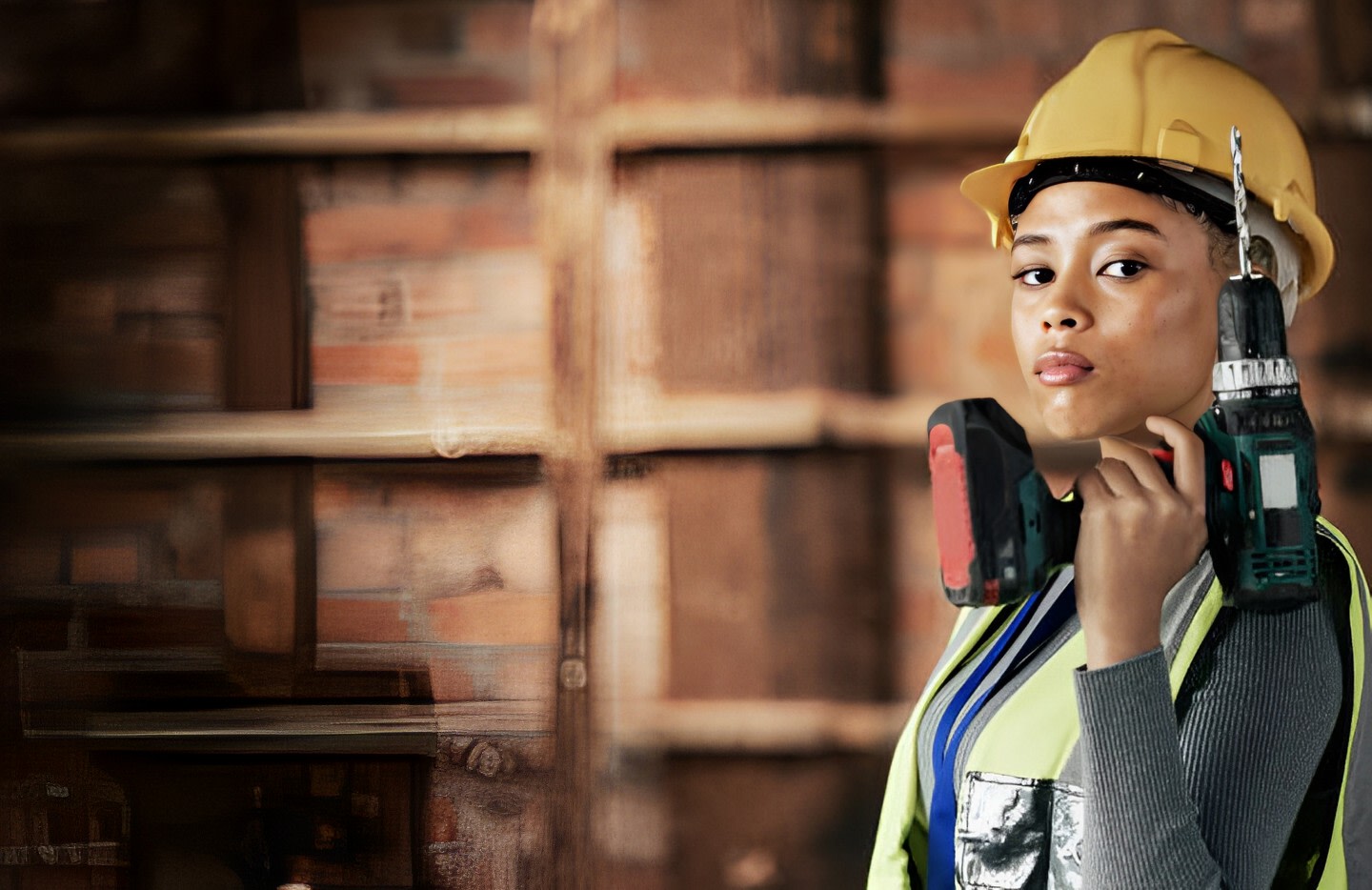
Apartment Upgrades Jeopardizing Your Security Deposit
When you move into a new apartment, you may have grand plans to make it feel like home by adding personal touches and upgrades. While it’s natural to want to improve your living space, it’s essential to be mindful of the terms of your lease and the potential impact on your security deposit. Many apartment leases have strict rules and regulations regarding modifications and alterations, and failing to adhere to them can put your security deposit in jeopardy. In this article, we will explore some apartment upgrades that may jeopardize your security deposit and offer tips on how to navigate these situations.
- Painting Without Permission:
One common upgrade people want to make in their apartments is painting the walls to add personality and style. However, most leases have clauses regarding painting, and many landlords require tenants to return the walls to their original color before moving out. If you fail to seek permission or don’t restore the walls, you could lose a portion of your security deposit.
Tip: Always obtain written permission from your landlord before painting any walls, and be prepared to repaint them in the original color before moving out.
- Installing Permanent Fixtures:
Adding permanent fixtures like shelving units, light fixtures, or ceiling fans might enhance your apartment’s functionality and aesthetics, but they can also be problematic when moving out. Removing these fixtures might damage the walls or ceilings, leaving you responsible for repairs.
Tip: Consult your landlord before installing any permanent fixtures and inquire about whether they will need to be removed when you move out.
- Drilling Holes Without Care:
Whether it’s for hanging artwork or installing curtains, drilling holes in walls can be a quick way to personalize your space. However, excessive or careless drilling can lead to unsightly damage that could result in deductions from your security deposit.
Tip: Be mindful of where and how you drill holes, use appropriate anchors, and keep track of the holes you’ve made so you can patch them before moving out.
- Replacing Flooring:
Upgrading your apartment’s flooring can be a significant improvement, but it’s also one of the riskiest modifications you can make. Replacing carpeting, tiles, or hardwood floors without permission can lead to substantial charges when you vacate the property.
Tip: Always consult your landlord or property manager before making any changes to the flooring. They may have specific guidelines or requirements for such upgrades.
- Unauthorized Pet-Related Changes:
If you’re a pet owner, you might be tempted to make adjustments to accommodate your furry friend, such as installing a pet door or fencing in a yard. However, unauthorized pet-related changes can lead to deductions from your security deposit.
Tip: Ensure you have written permission for any pet-related modifications and inquire about the landlord’s expectations regarding returning the space to its original condition.
- Neglecting Regular Maintenance:
While making upgrades is one aspect of apartment living, failing to keep up with regular maintenance can also jeopardize your security deposit. Neglecting to address minor issues like leaks, mold, or pests can result in more significant problems that the landlord may charge you for when you move out.
Tip: Report maintenance issues promptly to your landlord or property manager to ensure they are addressed promptly and don’t escalate into larger problems.
- Removing Built-In Appliances or Features:
Some apartments come equipped with built-in appliances or features like dishwashers, ovens, or built-in bookshelves. Removing these without permission or not properly storing them during your tenancy could lead to disputes over your security deposit.
Tip: If you need to temporarily remove or store built-in items, be sure to get written consent from your landlord and ensure they are safely stored to avoid damage.
- Failing to Document the Apartment’s Condition:
Before moving in, it’s essential to document the apartment’s condition through photographs or written descriptions. This documentation can serve as evidence of the property’s initial state, helping you avoid unfair deductions when it’s time to move out.
Tip: Create a thorough move-in checklist with your landlord or property manager, and keep a copy for yourself. Take pictures of any existing damage or issues to have a record for comparison when you move out.
- Ignoring Lease Terms and Regulations:
Lease agreements typically outline specific rules and regulations regarding modifications and upgrades. Ignoring these lease terms can result in disputes over your security deposit. Always read and adhere to your lease agreement to avoid surprises when it’s time to leave.
Tip: Familiarize yourself with your lease terms and reach out to your landlord for clarification if you have any questions or concerns about specific rules.
- Not Communicating with Your Landlord:
Communication is key when it comes to apartment upgrades. Keeping your landlord informed about your plans, seeking permission when necessary, and maintaining an open line of communication can help you navigate potential issues and protect your security deposit.
Tip: Establish good communication with your landlord from the beginning of your tenancy, and keep them informed about any upgrades or changes you plan to make.
Conclusion:
While making apartment upgrades can make your living space more comfortable and aesthetically pleasing, it’s vital to approach them with caution to avoid jeopardizing your security deposit. Always consult your lease agreement, communicate with your landlord, and follow proper procedures when making modifications. By doing so, you can enjoy your upgraded apartment without the worry of losing your security deposit when it’s time to move out. Making upgrades to your apartment can enhance your living experience, but it’s crucial to do so within the boundaries of your lease agreement to protect your security deposit. Always seek written permission from your landlord before making any significant modifications, and carefully follow any guidelines they provide for returning the space to its original condition when you move out. By being responsible and considerate, you can enjoy a personalized living space without putting your security deposit at risk.






